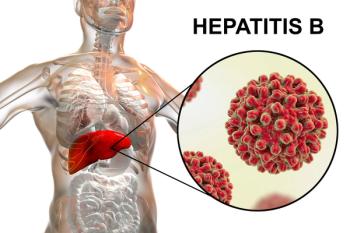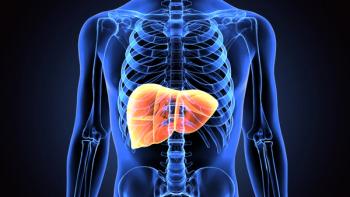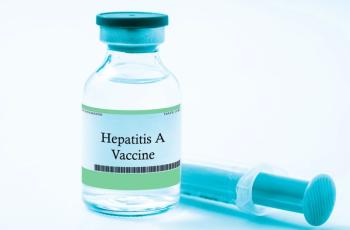
Number of Hepatitis C Virus-Positive Pregnancies Has Soared
Prevalence has increased 16-fold, researchers report in JAMA Network Open today.
The prevalence of hepatitis C infection among people giving birth increased 16-fold in the 21-year period from 1998 through 2018, according to findings reported today in JAMA Network Open. Based on the occurrence of vertical transmission from mothers to infants and other factors, the researchers calculated that the prevalence of hepatitis C transmissions means that approximately 725 infants are both with HCV infection in the U.S. each year.
In April 2020, the Centers for Disease Control and Prevention (CDC) recommended that prenatal care providers screen all pregnant persons for hepatitis C.
“Our findings on the increasing prevalence of HCV (hepatitis C virus)-positive pregnancies and associated adverse outcomes support the recent recommendation for universal HCV screening during each pregnancy,” wrote lead and corresponding author
Chen and colleagues note that the period they studied overlaps with the opioid epidemic and that HCV is a bloodborne infection with injection drug use the main risk factor for transmission among adults. Although many researchers have studied HCV transmission and infection rates, Chen and colleagues say that data on HCV during pregnancy has been sparse and that there conflicting results from the studies that have been done.
The researchers used the National Inpatient Sample database to conduct their study. They described it as the largest publicly available all-payer inpatient database in the U.S.
Their overall finding was that prevalence of maternal infection increased from .34 cases per 1,000 pregnancies in 1998 to 5.3 per 1,000 pregnancies in 2018. The 31-fold increase in the 21-30 age group was the highest among the age groups the researchers compared.
Notwithstanding the relative increases, proportion of HCV-positive mothers overall was small. Of the 70 million hospital admissions for deliveries, stillbirths and spontaneous abortions from 1998 to 2018, 137, 259 involved HCV-positive mothers, the researchers reported. That works out to .2%.
When they compared HCV-negative to HCV-positive pregnancies, they found that the HCV-positive group was more often white, had a lower socioeconomic status, was more likely to reside in a ZIP code with the lowest quartile median household and have health insurance coverage through Medicaid.
Chen and colleagues also found that HCV infection was associated with higher odds of cesarean delivery, preterm labor and poor fetal growth.
Newsletter
Get the latest industry news, event updates, and more from Managed healthcare Executive.























